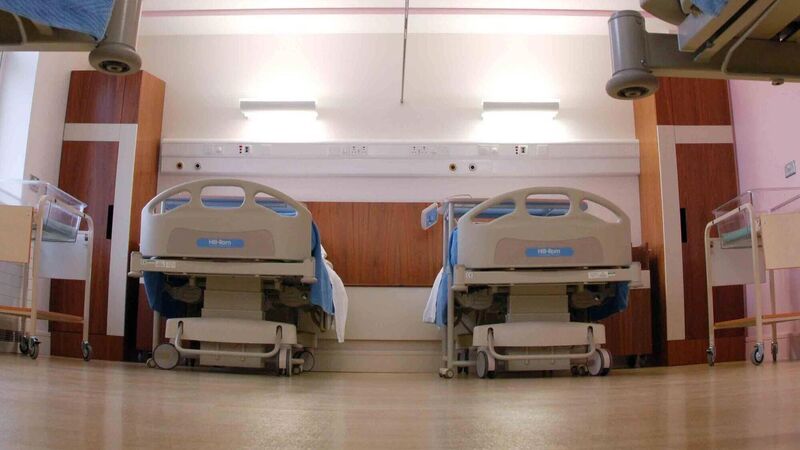16,986 new cases as Covid-related staff absences hit health service, supply chain

More than 6,000 healthcare staff are now understood to be on Covid-19 related leave - a significant increase on the 3,800 or so who were unavailable for work before Christmas. File picture: Denis Scannell
A further 16,986 new Covid-19 cases have been confirmed, as health officials warn high levels of staff absences as a result of the virus may see non-essential work curtailed at hospitals around the country.
As of 8am today, 804 patients with covid-19 were hospitalised – a rise of 87 compared with yesterday's total.










